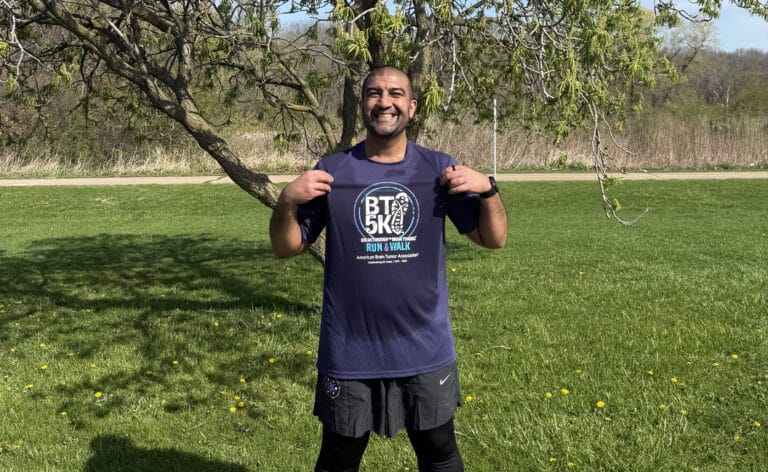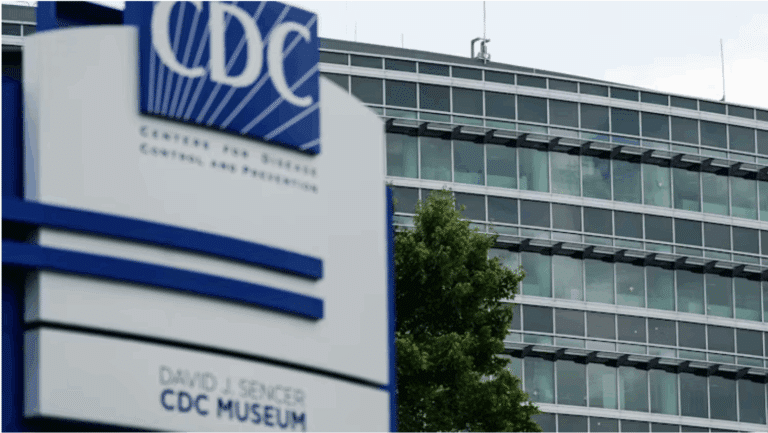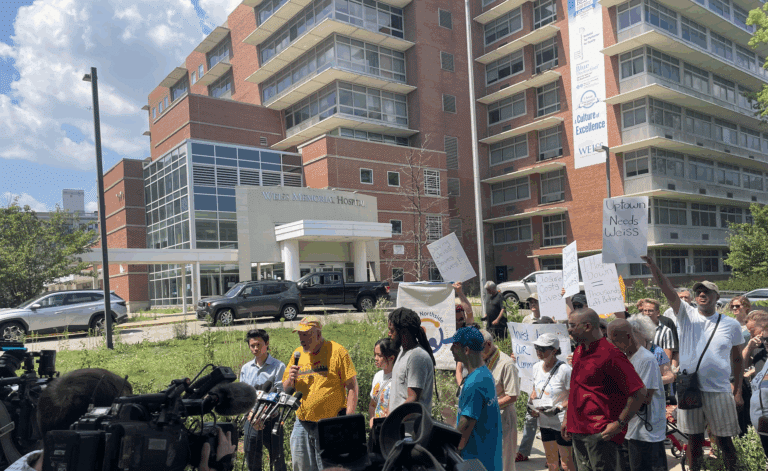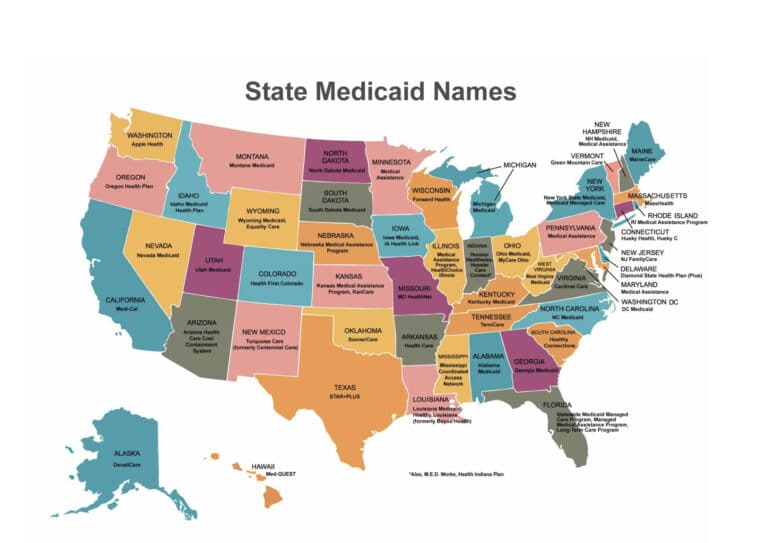The Medicine Cabinet: Ask the Harvard Experts
Q: I have a frequent urge to urinate and need to get up a three times per night to empty my bladder. According to my doctor, I have an enlarged prostate. Otherwise I am healthy. He suggested medication. Do I need to start treatment immediately?
A: Doctors call it benign prostatic hyperplasia (BPH). In some men, it is severe enough to require immediate treatment. But in most men, BPH progresses slowly. They can decide for themselves when and if they should be treated.
Some simple adjustments in lifestyle may help enough to avoid starting medication now.
–Reduce your intake of fluids, particularly after dinner.
–Limit your intake of alcohol and caffeine, and avoid them after mid-afternoon. Both are diuretics that increase urine flow.
–Avoid medications that stimulate muscles in the bladder neck and prostate, such as pseudoephedrine and other decongestants.
–Avoid medications with anticholinergic properties that weaken bladder contractions. Antihistamines such as diphenhydramine (Benadryl) are the most common offenders. Various antidepressants and antispasmodics have similar properties.
–If you are taking diuretics for high blood pressure or heart problems, take it in the morning when you first wake up. Also ask your doctor if you can reduce the diuretic dose.
–Never pass up a chance to use the bathroom, even if your bladder does not feel full. Take your time, so you empty your bladder as much as possible.
If you can live comfortably with BPH, do it. But if your symptoms are too bothersome, you have a few medications to choose from:
–Alpha-blockers relax smooth muscle cells in the prostate and bladder. The two doctors prescribe most often are tamsulosin and alfuzosin. They start working within a couple weeks. About 70 percent of men with BPH improve. Initially you might feel lightheaded with standing, but this should subside quickly. Other potential side effects include nasal stuffiness, headache, dry mouth, and decreased amount of the ejaculated semen.
–Hormone blockers, such as finasteride and dutasteride, actually shrink the size of the gland. These drugs work slowly — over 6 months or longer — and they are only helpful for men with rather large prostates. Side effects may include decreased sexual function.
–Low dose tadalafil (Cialis) is another possible option for men who also have erectile dysfunction.
Howard LeWine, M.D. is an internist at Brigham and Women’s Hospital in Boston and assistant professor of medicine at Harvard Medical School. For additional consumer health information, please visit www.health.harvard.edu.













